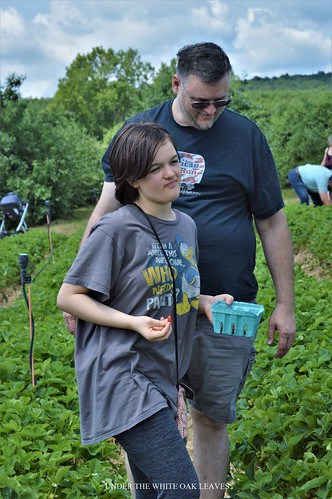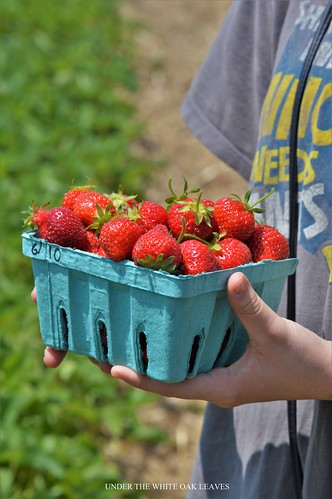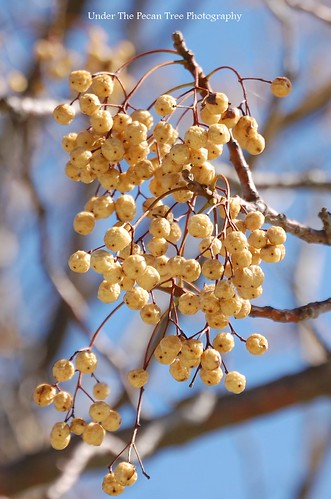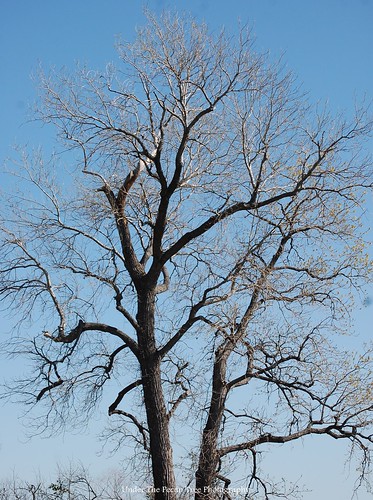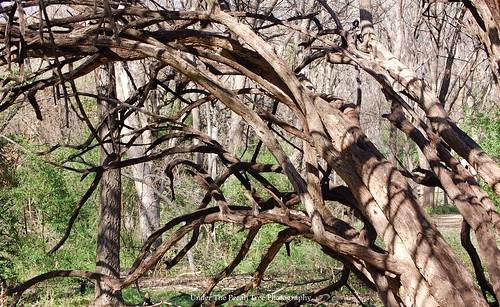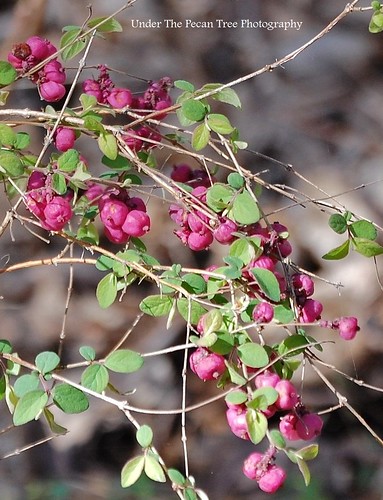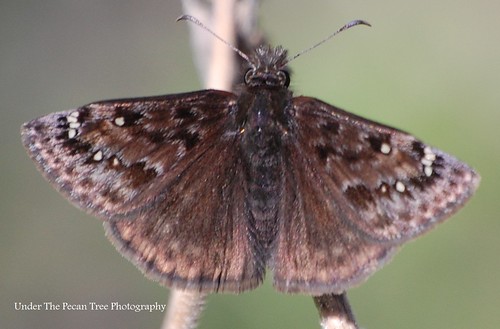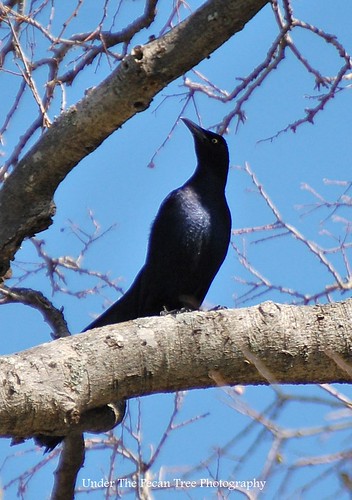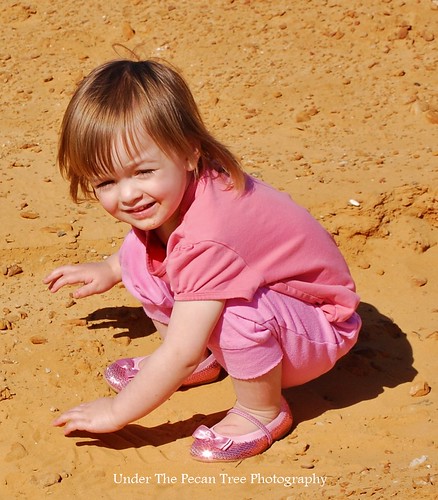
To protect bees and other pollinators, the Slovenian Beekeepers’ Association launched a campaign in 2014, calling for May 20 to be designated as World Bee Day. The initiative was supported by the Slovenian Government. In 2015, the initiative was co-opted by the largest international beekeepers’ organization, Apimondia.
The Ministry of Agriculture, Forestry, and Food of Slovenia traveled around the world with a pavilion called Bee World, actively promoting the projects. Meetings with representatives of other countries and international organizations involved in environmental projects were also organized by the ministry. In 2017, the United Nations’ Economic and Financial Committee adopted a resolution proclaiming World Bee Day. The resolution was unanimously supported by the General Assembly of the U.N., and May 20 was declared World Bee Day. 115 countries including the United States, Canada, China, Russia, India, Brazil, Argentina, Australia, and all E.U. member states, signed on as major sponsors.
Bees, as one of the most important pollinators, contribute to food and food security, sustainable agriculture, and biodiversity. Bees also play an important role in climate change mitigation and environmental conservation. It is important to protect bees and the beekeeping industry to combat poverty and hunger, not to mention the significant impact on environmental health and biodiversity. Simply put, without bees, we may never be able to solve the widespread issues of hunger and poverty. These tiny insects are critical to our survival. Scientific studies have proven that bees are becoming increasingly endangered. Every environmentalist and concerned citizen is encouraged to help protect bees and their habitats on World Bee Day.
Resource: https://nationaltoday.com/world-bee-day/

